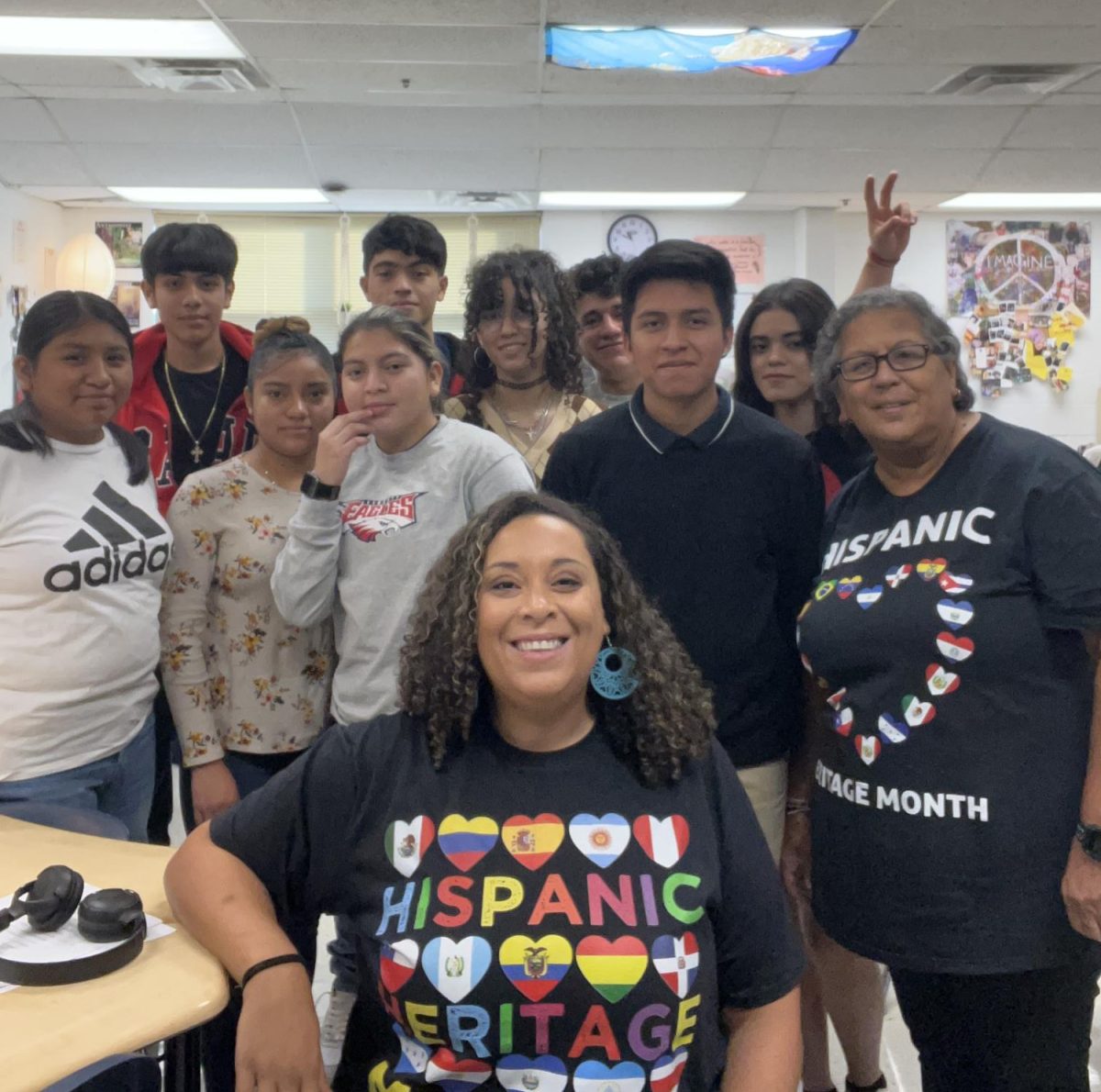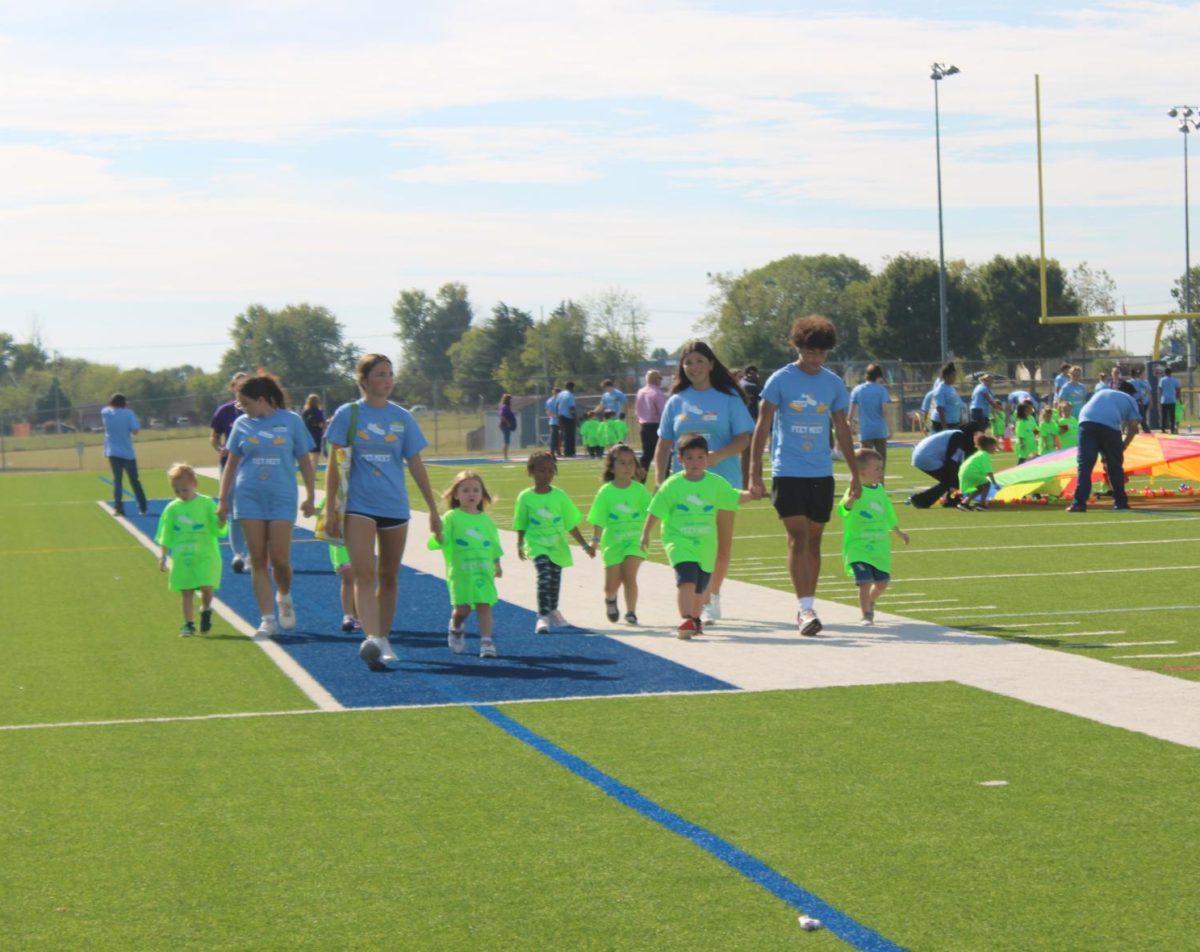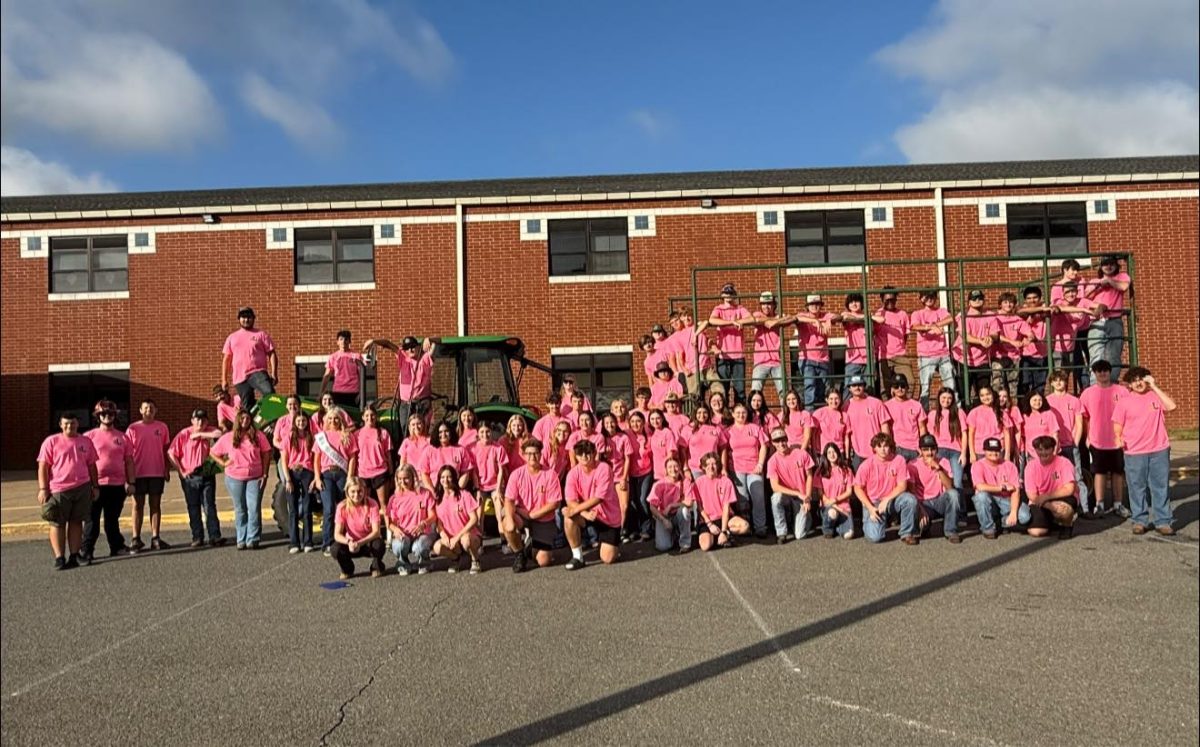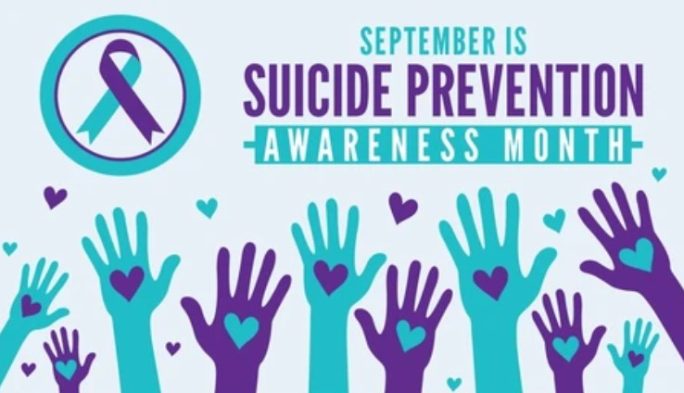Over the years, the number of students in the English as a Second Language (ESL) program has increased dramatically in Fauquier County. Of the three high schools in the county, Liberty High School is home to the largest group of students in the program and that number is growing exponentially each year. While often overlooked, ESL students play an important role at Eagle Nation and significantly contribute to the overall school environment.
English as a Second Language (ESL) programs provide students who are not proficient in English a chance to learn and improve their English language skills. The program uses several different techniques and methods to assist students. Some skills that are included in the program include writing, speaking, reading, vocabulary, and studying.
The ESL program has been around for quite some time in the United States. It was first introduced in 1963 as a result of numerous Cuban immigrants migrating to Florida. The many Cuban immigrants who fled their country demanded bilingual schooling for their kids. The first ESL program was established at Coral Way Elementary School in Miami-Dade County, Florida (now Coral Way K-8 Bilingual Center) with extensive government assistance. The government decided to sanction bilingual programs due to the outstanding and growing need for ESL programs across the country. Although initially many counties and states substantially ignored the needs of ESL students, the program has since come a long way.
In 2001, the No Child Left Behind Act was passed and enforced the reauthorization of the Elementary and Secondary Education Act of 1965 to grant funds around the nation to improve ESL programs. This helped vast numbers of students who lacked proficient English skills and helped them meet state requirements and maintain a strong academic standing. It revised the program to include all grades in public school from kindergarten to 12th grade. While the act brought forth substantial benefits, many educators disagreed with the premise of it as it required schools to raise their test scores.
In 2015, Congress passed the Every Student Succeeds Act (ESSA), which replaced and modified the No Child Left Behind Act. The ESSA was first enacted during the 2017-2018 school year. The act stated that states assumed responsibility for accountability goals in proficiency and graduation rates. The act also covers student engagement, educator engagement, safety, and access to and completion of coursework. A benefit that teachers received from the ESSA is that they were no longer evaluated on their students’ test outcomes, a change from the No Child Left Behind Act. As a result, it brought about major improvements and provided many students who were not proficient in English language skills with equal educational opportunities. The ESSA states that it protects and supports all defenseless children who suffer from poverty, as well as children with disabilities, and English-language learners.
The English as a Second Language program was first launched in Fauquier County in 1992. Upon initiation, the program started with two teachers and sixty-five students. A majority of those students were and still are today Spanish speakers. While the majority are Spanish speakers, the program assists students who speak a multitude of other languages as well. Mrs. Saralyn Aylor is the Instructional Supervisor in World Language and ESL, in Fauquier County. She is responsible for directing and organizing the program in the county.
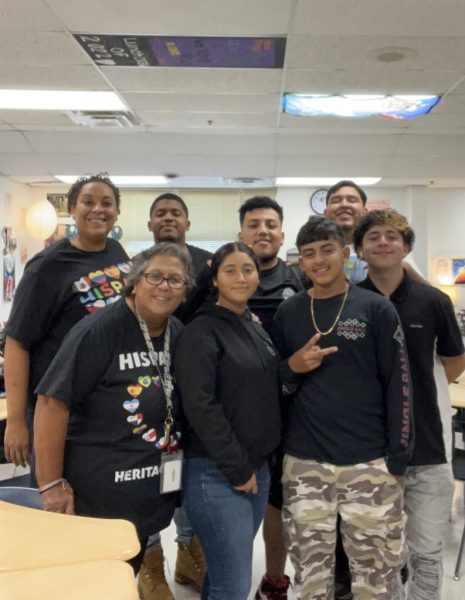
At Liberty High School, several teachers have been trained to use a variety of methods and techniques to help out the students in the ESL program, including Ms. Carol Flores.
“For me, it’s been an incredible honor to be a part of this program at Liberty. I enjoy working with students and doing everything I can to help them succeed. Their success is my success,” said Flores.
Once students have demonstrated apt English language skills, they are then integrated into a non-ESL classroom to continue on the path of proficiency.
Most students who are part of the program at Liberty recount positive experiences and tell of an environment where they feel welcomed and prepared for the future.
“I have been in the ESL program for two years now. It’s been an amazing experience,” said senior Stevin Sanchez. “A lot of teachers, especially Mrs. Zimmer, have really helped me improve my English.”
“Even though Liberty is a small school, I think it has an amazing program that helps many students from around the world learn English,” said Eduardo Henriquez.
While the ESL program is primarily intended to be an educational experience for students with limited proficiency in English, it has also opened the door to many lasting friendships – a testament to the character of the community that is developed in the classes.
“This program has been a great help for me,” said sophomore, Brayan Espinoza. “Everyone is very kind and I’ve been able to create many great friendships with other students.”
“Many of the teachers in the program are really caring and it’s amazing how everyone bonds,” said sophomore, Daniel Alvarenga.
Although Fauquier County Public Schools still has a small English as a Second Language program when compared to other districts in the region such as Fairfax County and Prince William County Public Schools, it is ever-growing and made up of teachers who truly care about their students and students who are eager to learn.

